When browsing the Web with some of the modern web browsers like Mozilla Firefox, Google Chrome, Safari and Microsoft Edge, you might receive a prompt asking for your physical location. Websites request this information so they can provide you with content that is relevant to your area. However, some websites are very notorious and will ask for your location every time you visit a particular site, which can be annoying at times.
If you find it annoying and don’t intend to ever reveal your location details to a website, you can turn off location requests by disabling this option in the browser settings. In this tutorial we will show you how to turn off location requests in Google Chrome, Mozilla Firefox, and Microsoft Edge.

Related Article

How to Easily Create and Add Google Forms to WordPress
The default installation of WordPress doesn’t come with the ability to create forms. This means th

The Ultimate Firefox Privacy & Security Guide
Online privacy and security are constantly under assault. It seems like every day there’s a new th

What Is Cybersquatting, and Why Do People Do It?
With the Internet being a focal point in our lifestyles, it’s crucial for businesses to create pro

WiFi “Krack” Vulnerability in WPA2: What You Need to Know
On 16 October 2017, a KRACK vulnerability was found in WPA2 – the most common method of security f

How to Protect Yourself from KRACK WiFi Vulnerability
Recently, a major flaw in WiFi’s WPA2 protocol was revealed to the world. This flaw allows a hacke

What You Need to Know About Altcoins
Bitcoin is the first and most popular cryptocurrency, but there are hundreds of other currencies out

Easily Back Up Your Websites with Website Backup Bot
This is a sponsored article and was made possible by Website Backup Bot. The actual contents and opi

8 of the Weirdest Cryptocurrencies You Probably Never Heard Of
Unless you’ve been actively avoiding the Internet, you’ve probably heard of Bitcoin by now, but
About Netverse
We are a premier digital platform committed to delivering high-quality content to our readers. Our mission is to provide accurate, reliable, and engaging information that adds value to our audience's daily lives.
Our team consists of experienced content creators and subject matter experts who uphold the highest standards of professionalism. In an era of information overload, we curate content with care, ensuring our users receive only the most relevant and trustworthy information.
Beyond just reporting facts, we focus on depth and context. Through expert analysis, comprehensive research, and clear presentation, we help our audience gain meaningful insights and make informed decisions.
We take pride in being a trusted information source for our growing community of readers. Our user-first approach means we continuously adapt to provide content that meets our audience's evolving needs and interests.
Innovation and excellence drive everything we do. We're committed to improving our platform and services to deliver the best possible experience for our users.


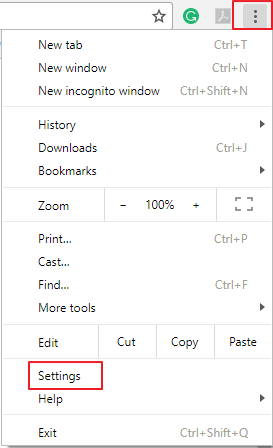
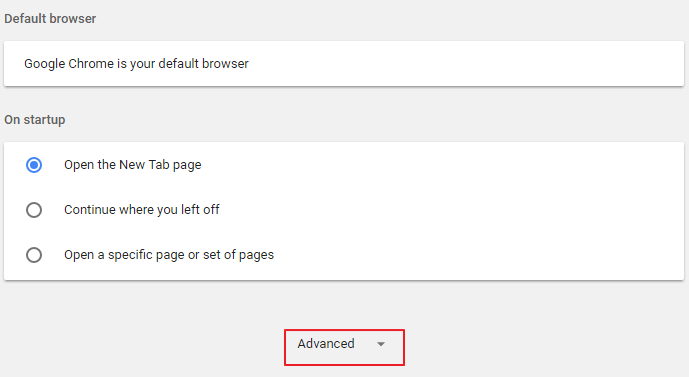
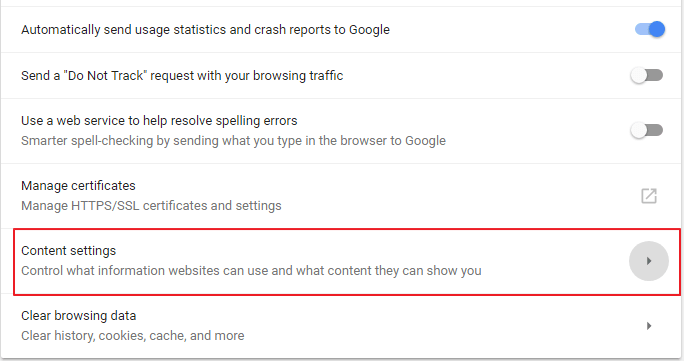
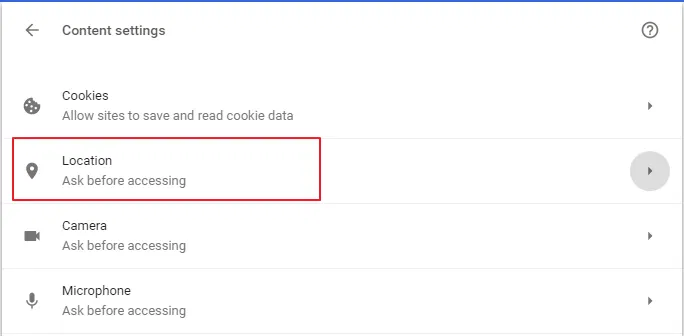
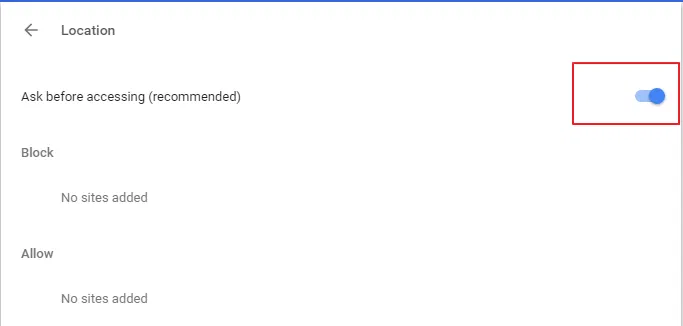
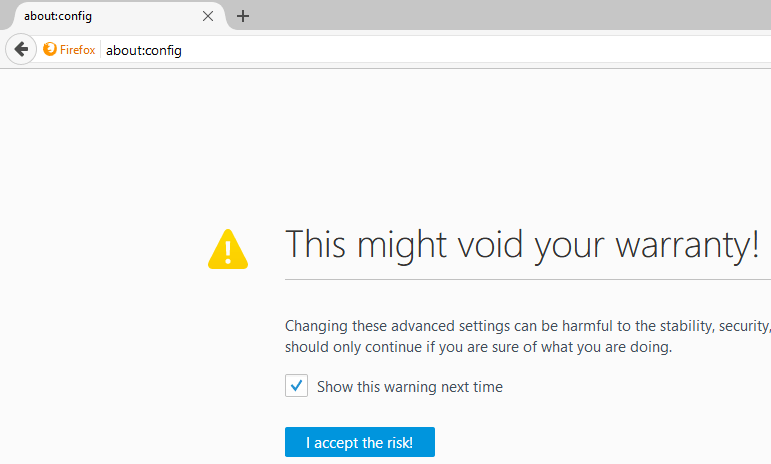


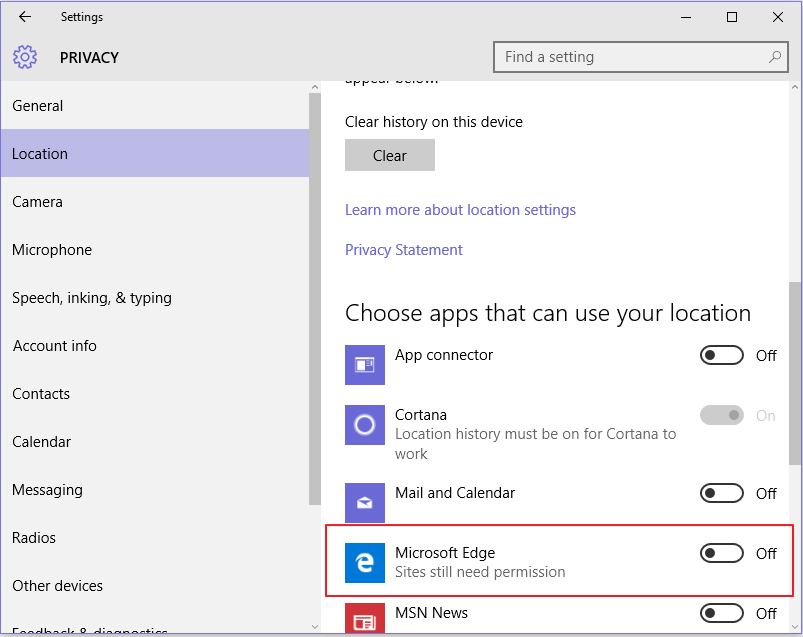
Comments on " How to Stop Websites from Asking for Your Location" :